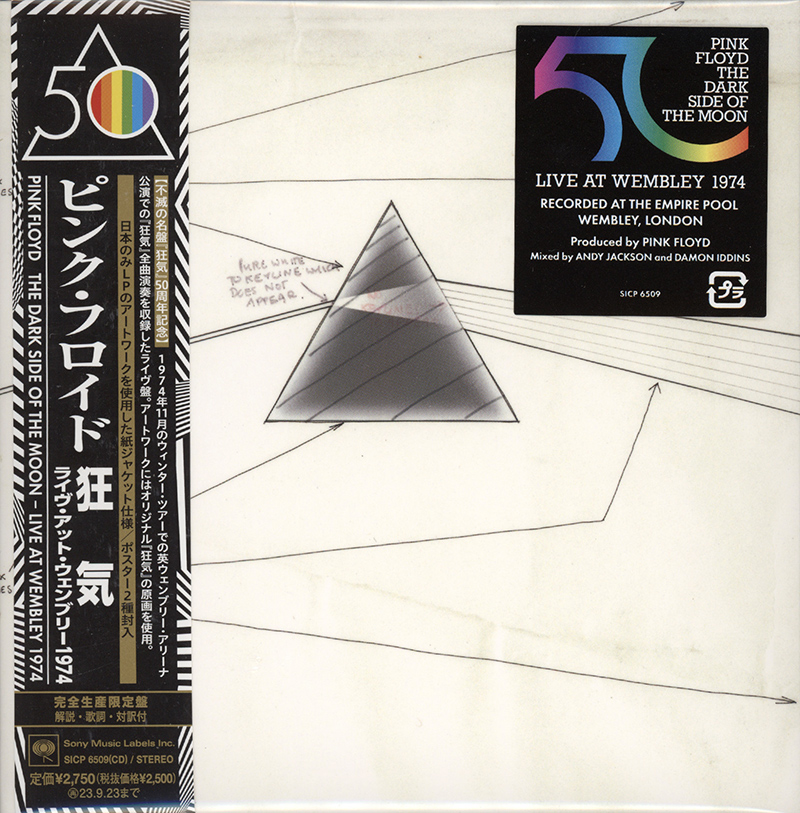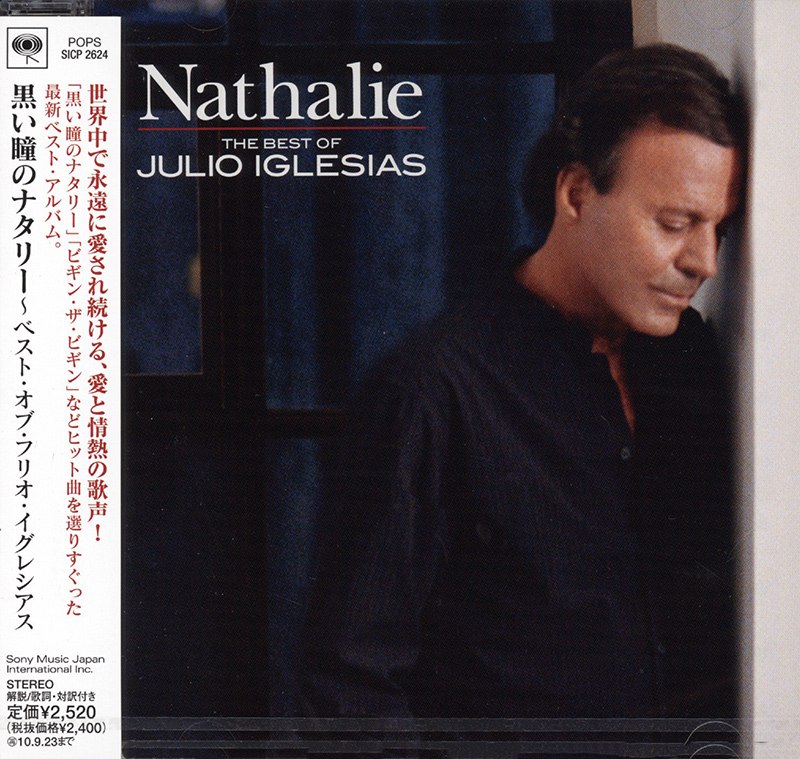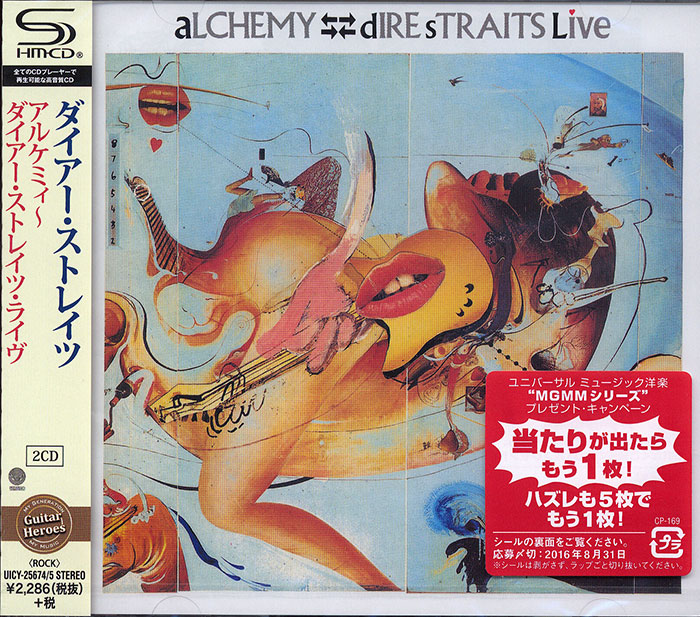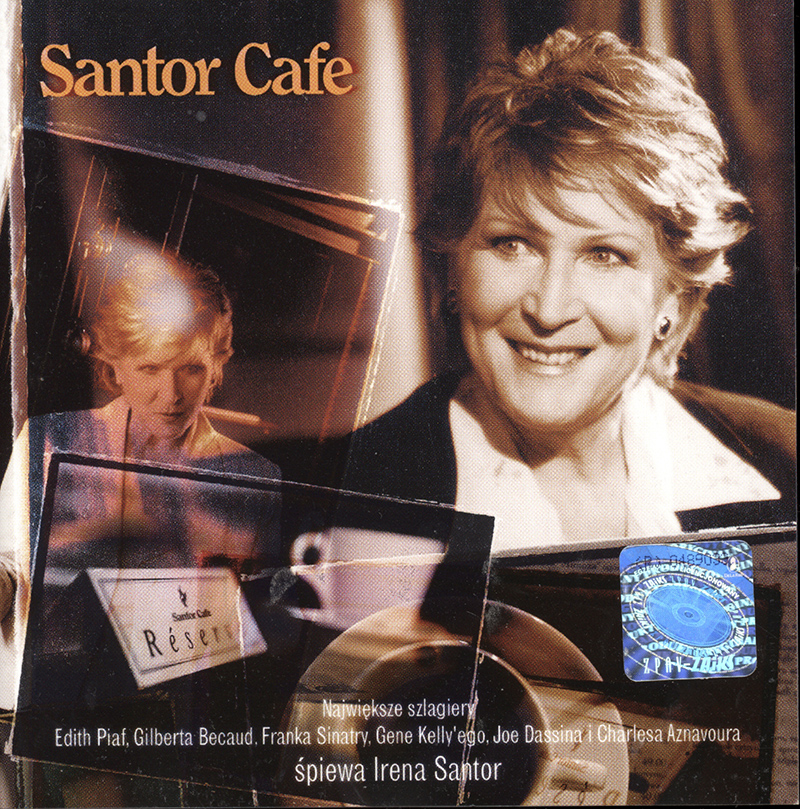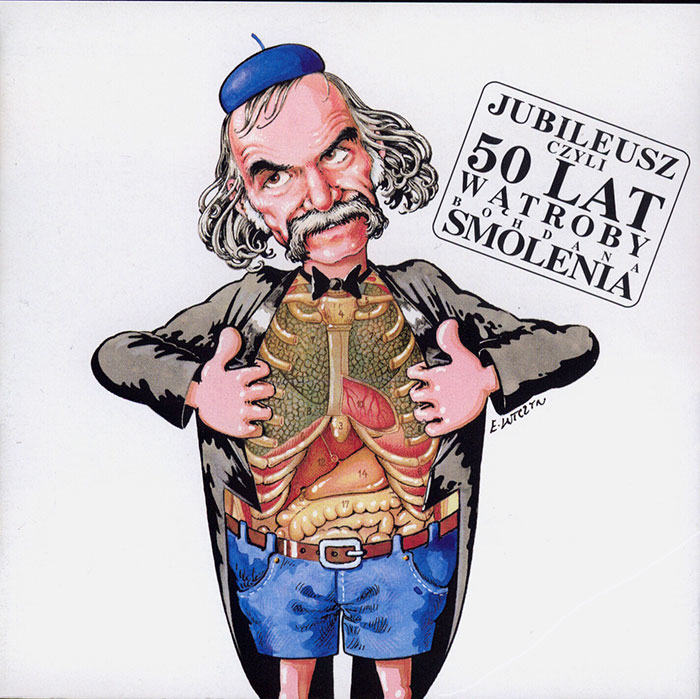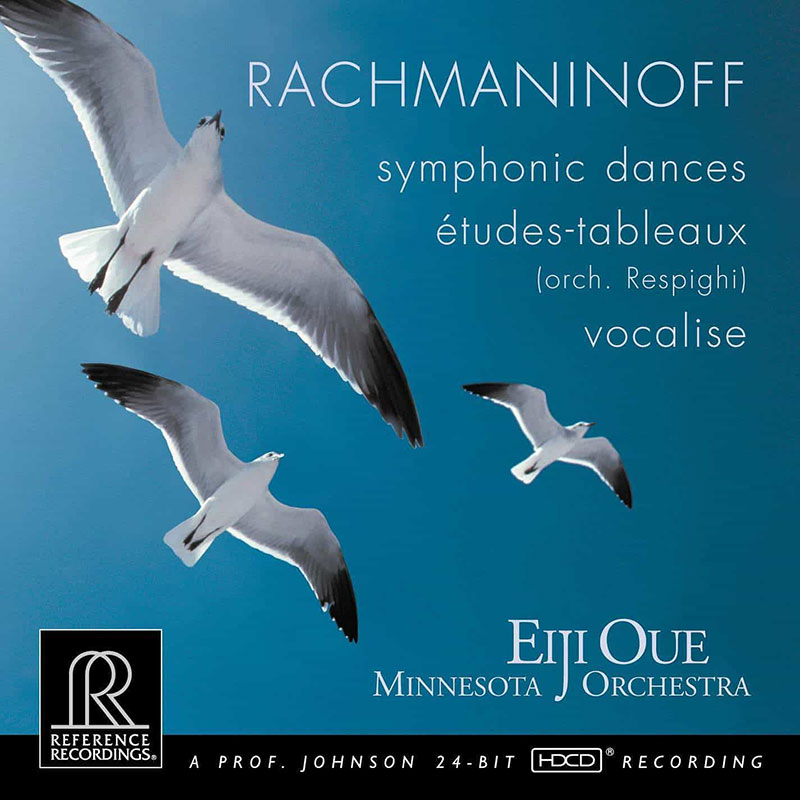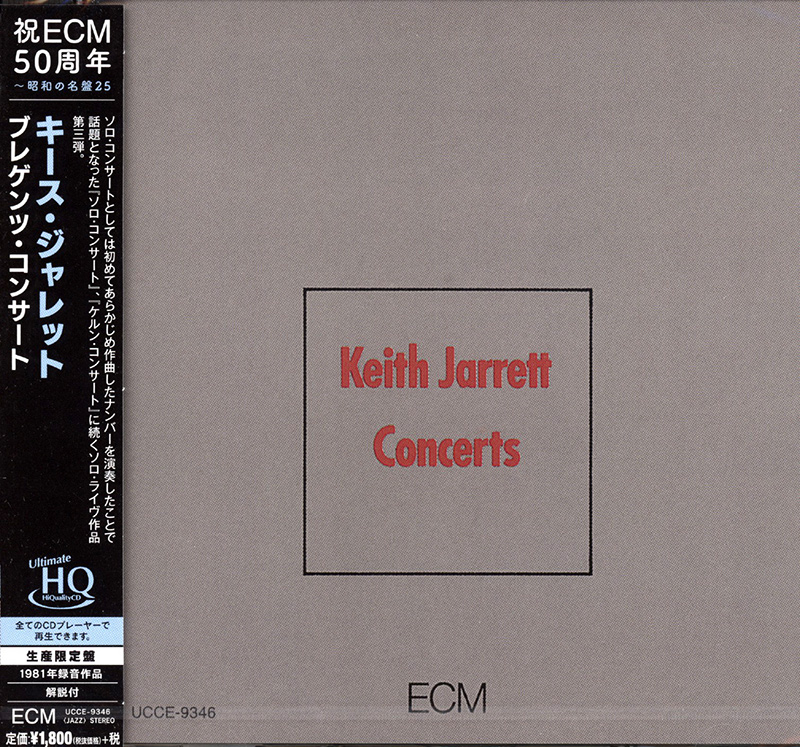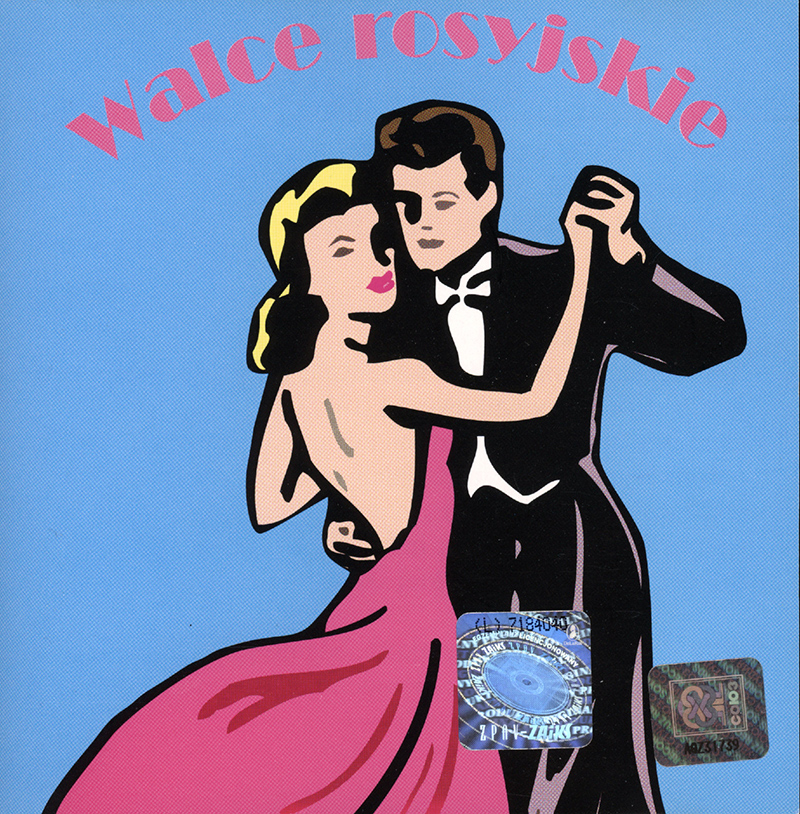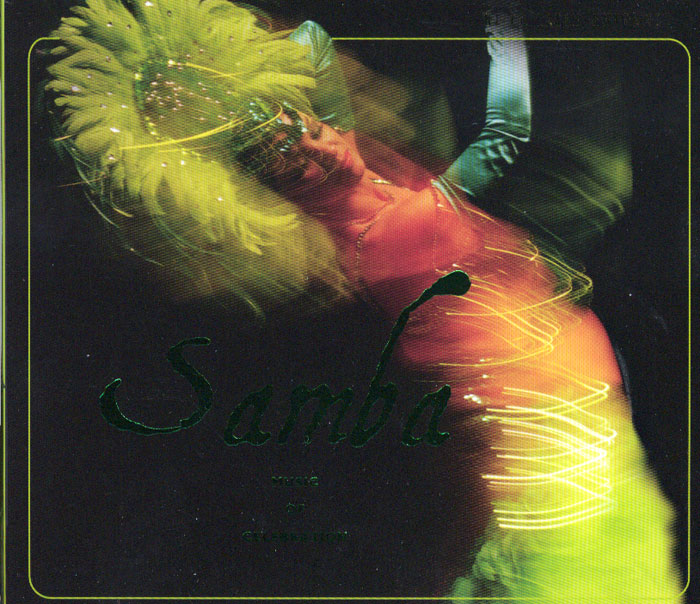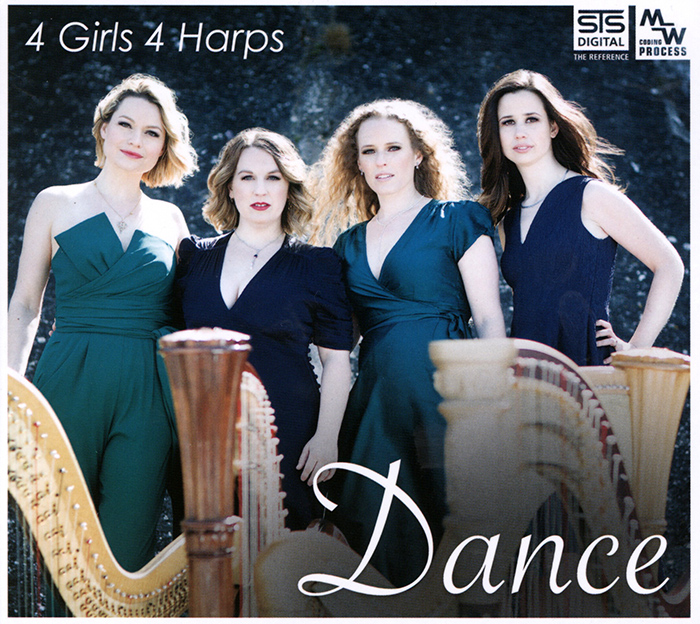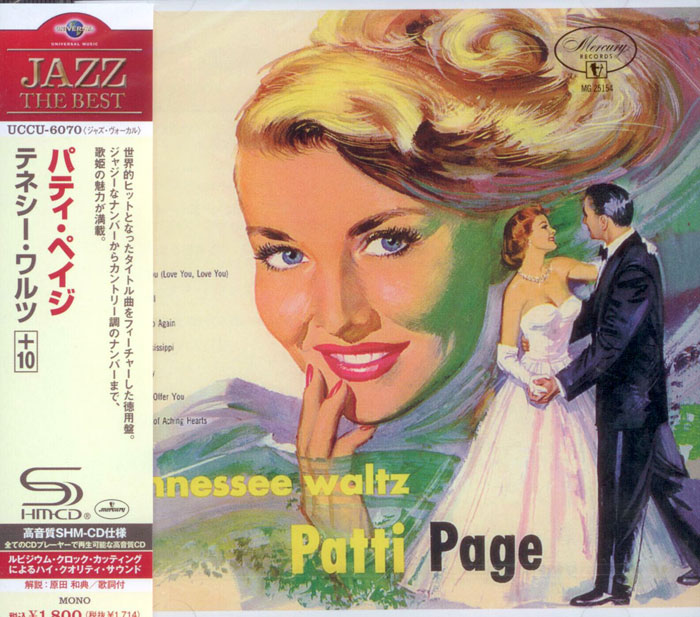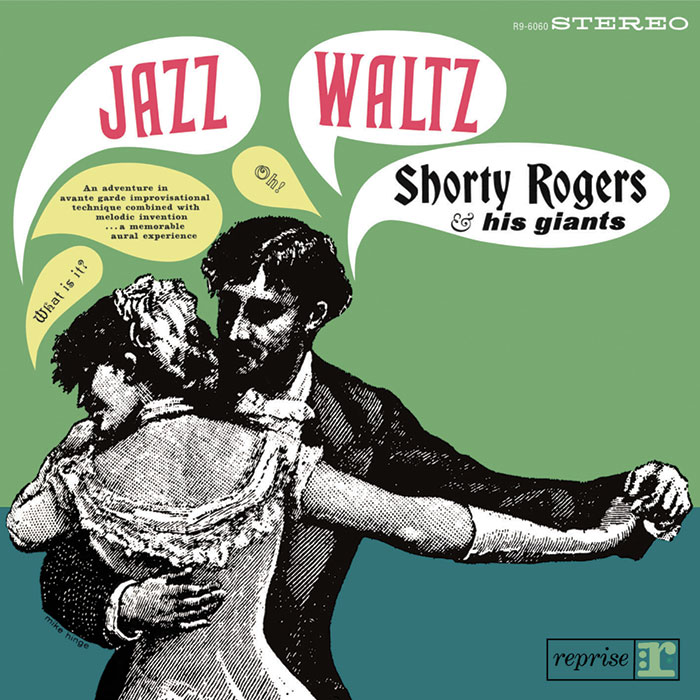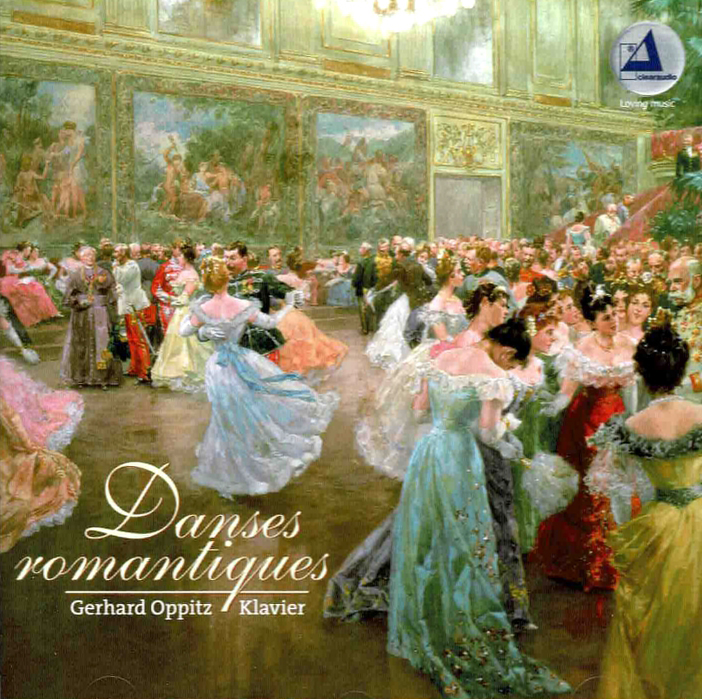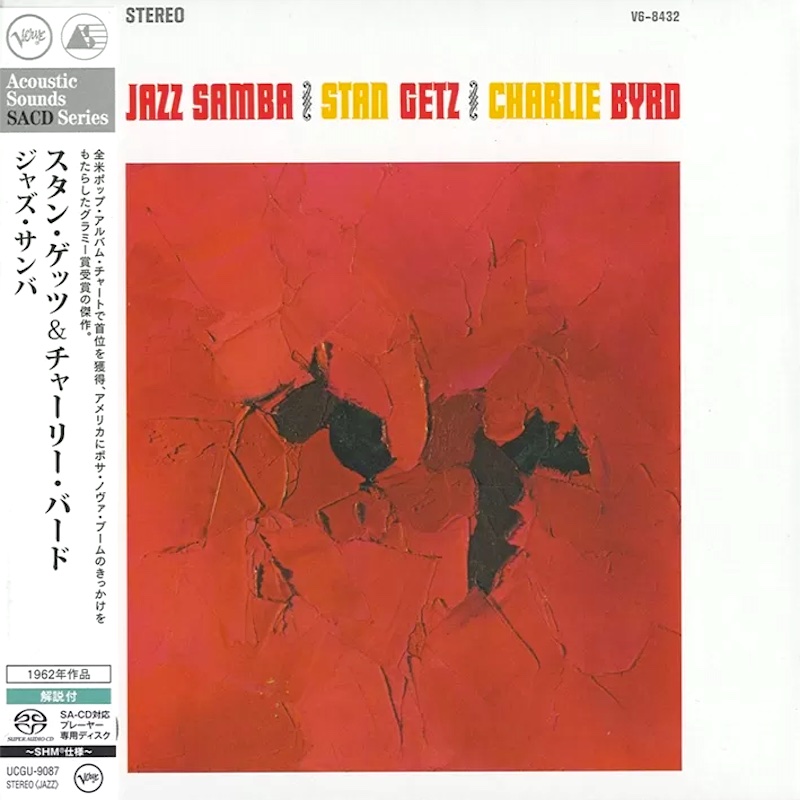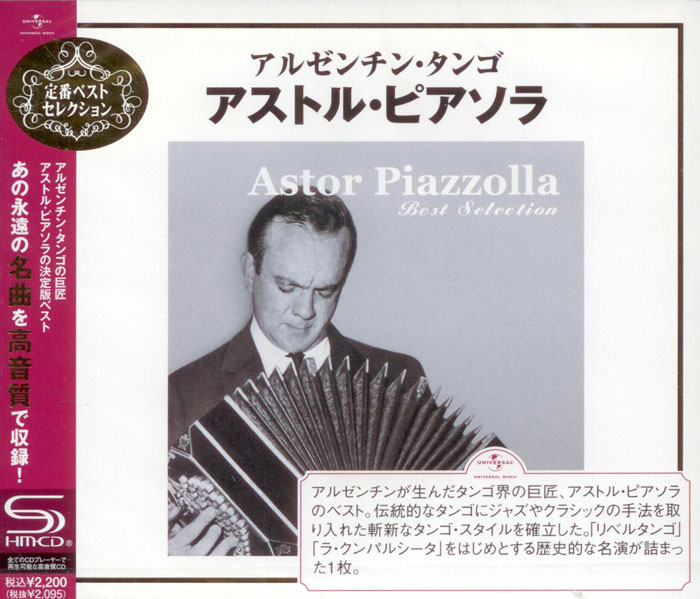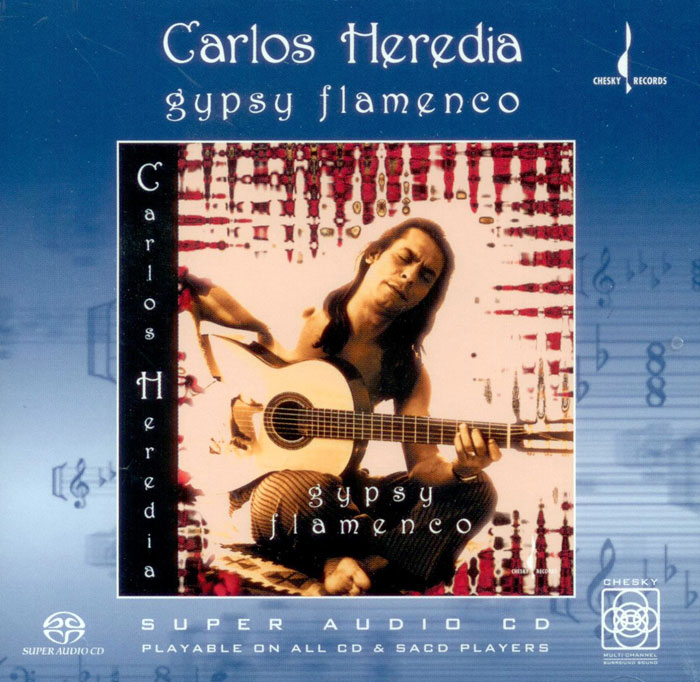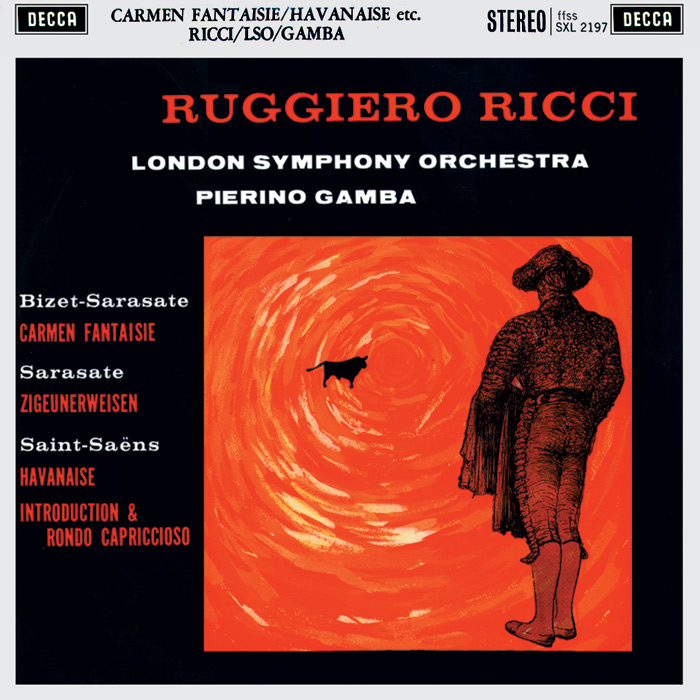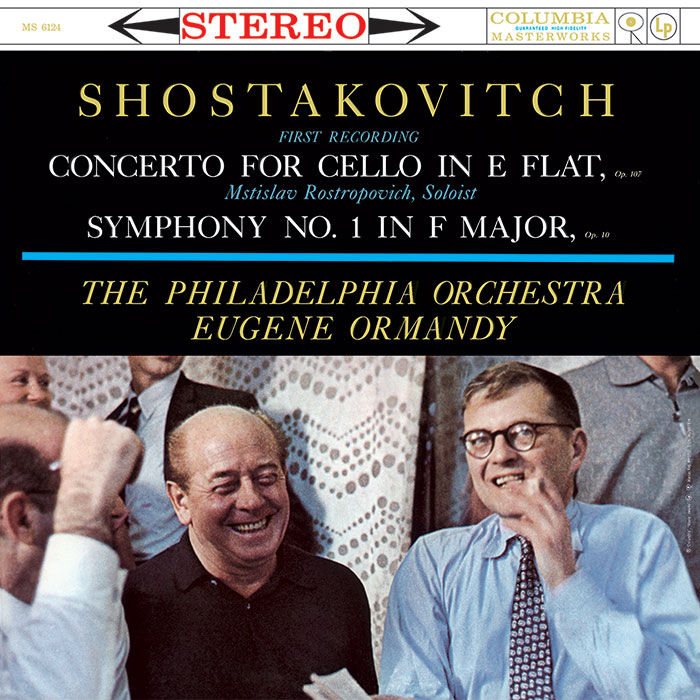Logowanie
Mikołaj - ten to ma gest!
Elton John, The Mamas & The Papas, Cat Stevens, Rod Stewart, Bobbie Gentry, Stevie Wonder, Engelbert Humperdinck
Memory Lane
Edycja Numerowana - 1000 egzemplarzy w skali światowej
RACHMANINOV, Eiji Oue, Minnesota Orchestra
Symphonic Dances / Vocalise
Best Recordings of 2001!!! NAJCZĘŚCIEJ KUPOWANA PŁYTA Z RR!
Karnawał czas zacząć!
Music of Love - Hi-Fi Latin Rhythms
Samba : Music of Celebration
AUDIOPHILE 24BIT RECORDING AND MASTERING
CHOPIN, LISZT, DEBUSSY, DVORAK, Gerhard Oppitz
Dances romantiques - A fantastic Notturno
Wzorcowa jakość audiofilska z Clearaudio
Winylowy niezbędnik
ClearAudio
Double Matrix Professional - Sonic
najbardziej inteligentna i skuteczna pralka do płyt winylowych wszelkiego typu - całkowicie automatyczna
RAVEL, DEBUSSY, Paul Paray, Detroit Symphony Orchestra
Prelude a l'Apres-midi d'un faune / Petite Suite / Valses nobles et sentimentales / Le Tombeau de Couperin
Samozapłon gwarantowany - Himalaje sztuki audiofilskiej
'Speakers Corner has given these recordings the respect they deserve. The packaging is gorgeous: a black album titled "The Living Presence of 20th Century Music" and displaying the Mercury logo holds the three records with their original covers and liner notes. In addition, there are informative annotations on the music and Dorati, and a history of Mercury Living Presence...They sound at least as good and in some ways better than the originals...There are no negatives and not enough superlatives to describe these magnificent reissues. It's rare that performance, sound, and musical value combine at this level in a recording.' - Arthur B. Lintgen, The Absolute Sound, Sound 10/10 Music 10/10 Essential Purchase HIFI + Magazine Claude Debussy: Prélude ? l'Apr?s-midi d'un faune, Petite Suite / Maurice Ravel: Valses nobles et sentimentales, Le Tombeau de Couperin - The Detroit Symphony Orchestra conducted by Paul Paray What exactly is a faun and what does he do in the afternoon? Claude Debussy gives us a musical answer to this question by sending off the lecherous rural deity of fertility to have his pleasure with two sleeping nymphs. The bewitching sound of flutes and harps along with lilting melodies accompany the god while on the hunt. With its delectable, filigree themes, it is hardly surprising that this composition has continued to inspire choreographic interpretations since its conception. Composed, however, as a symphonic poem, the "Prélude ? l?apr?s-midi d?un faune", with its iridescent tonal colouring and varying moods, is a sheer delight to the ear alone. Emotions of a cheerful kind are evoked by Ravel?s Valses nobles et sentimentales with their Viennese verve. The eight compositions are filled with every sort of joy and bliss that a waltz can offer. The one is sharply contoured, the next is sweetly sentimental, another dreamy, this one is hurried, yet another sweeps along with elegance - and the instrumentation in each case is gloriously sonorous. This album closes with the solemnly magnificent "Le Tombeau de Couperin" and thus offers a both representative and delightful choice of modern French works.

